Whether it’s laptops in the classroom, mobile games on the bus or iPads in the sticky and surprisingly firm grasp of 3-year-olds, there’s no denying that ours is an era of screens.
Regrettably, it has been accompanied by haphazardly designed university rules that attempt to accommodate and simultaneously thwart our digital epoch. After all, students are cheating now more than ever. Compared to a mere 20% of students in the 1940s, between 75% and 98% today admitted to having cheated at some point in their later educational years. While I’m certainly not surprised it’s easier to Google answers than break into the Academic Building at midnight the ol’ fashioned way, you can’t deny how drastically our academic integrity paradigm has been altered.
But how exactly does one define cheating?
Institutions like our own Texas A&M will tout their version of, “Intentionally using … unauthorized materials, notes, study aids,” and whatnot, but what does that really imply? For most of our classes, this would include the use of anything that isn’t your overpriced textbook, professor or notes.
Does this mean I’m not supposed to aggressively Google the 46 biochemical definitions I just learned and instead parse through my egregiously fat textbook? Outrageous.
Seriously though, when the only difference between those two scenarios was the medium with which I performed the exact same learning process, why should they connote different levels of acceptance? Professors will haughtily place AI statements in their syllabus, but when ChatGPT does a better job of explaining the billion coding algorithms we apparently should have “already learned in high school,” is it fair to relegate this to the same status as using AI to write your whole term paper?
And while we’re on the subject of AI, the contradistinction between its notoriety and perceived presence is astonishing; everyone thought the rise of Chat GPT was jaw-dropping, but we have already been using AI for years. How do you suppose tools such as Grammarly, Microsoft Word or even Google Docs provide feedback on your writing? They use AI to correct grammatical mistakes just like other students would during peer review. Shall we outlaw typing our essays and revert back to frantic scrawling with aching, ink-blotted hands within dreaded 40-minute time limits?
Absolutely not. Any attempt at doing so would prove just as futile as trying to ban smartphones from classrooms or calculators from our parents’ classrooms. As A&M communication lecturer Adam Bajan so succinctly put it, “You would just have ended up with frustrated, mutinous students.”
Instead, he maintains that just as calculators were here to stay, so is modern technology — and we must accept it.
However, we cannot neglect the responsibility that lies on our shoulders to utilize technology the way it’s intended. Blindly copying homework answers from Chegg, Photomath and Quizlet for four years is neither productive nor logical. In doing so you not only waste your time but you circumvent the entire reason you’re paying thousands of dollars in tuition: to learn.
Every time you mindlessly submit an AI-generated article or copy answers online, even for something you deem “not worth it,” you foster an intellectual dependence that atrophies your ability to form conscious thought. Our overreliance on technology has diminished critical thinking — and by extension, ourselves.
Luckily, it seems we are still not at the level where you can have a complicated term paper entirely AI-generated. By contrast, however, if the content assigned is so simple that it can be completed in its entirety with the use of supplemental sources, maybe we need to rethink the efficacy of assigning such work.
Curricula across the nation need to be restructured to not pointlessly stamp out what society will never get rid of: technology. If not, our university degrees lose their meaning as a consequence of this futile denial.
By the same coin, we as students need to resolve to take advantage of the endless opportunities these advancements have opened the doors to. It is ultimately up to us to utilize the resources at our disposal. As technology advances, it begets an even murkier set of standards from which our education system as a whole must determine what is acceptable.
We all must adjust and stop earning our BAs in the midst of this BS.
Isabella Garcia is an economics sophomore and opinion writer for The Battalion.




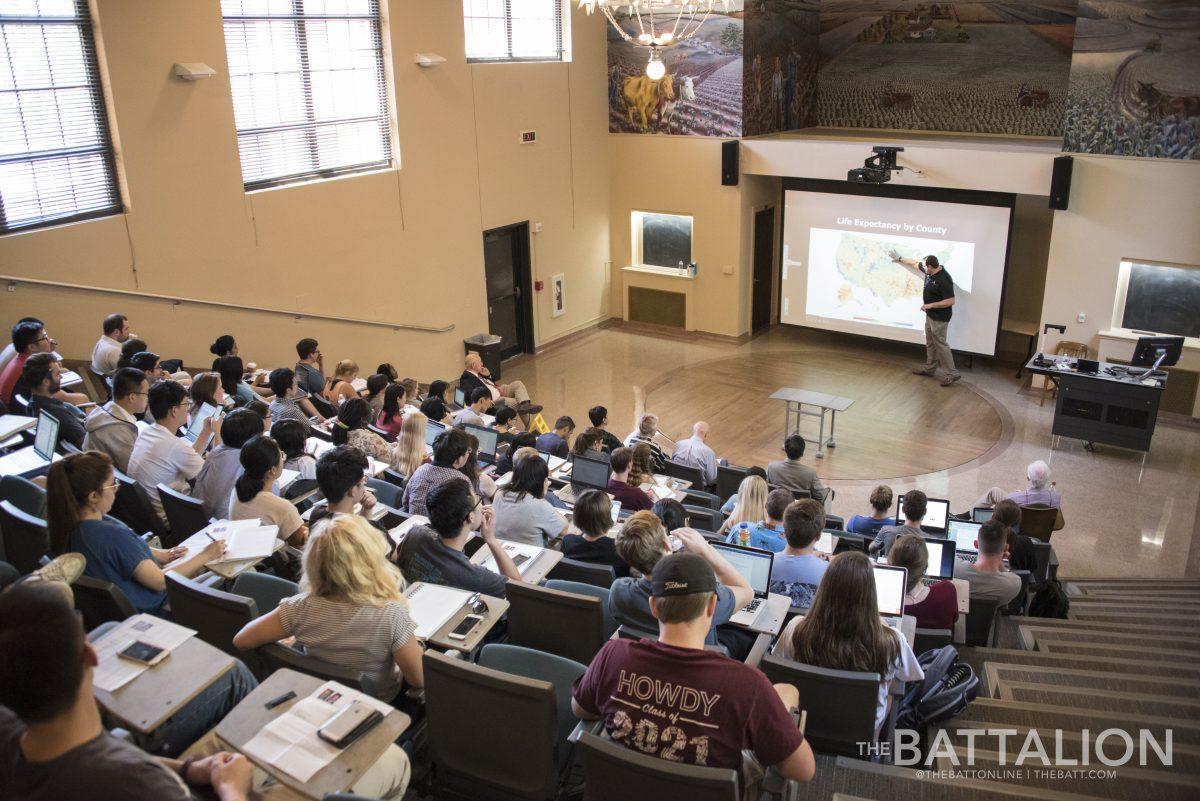
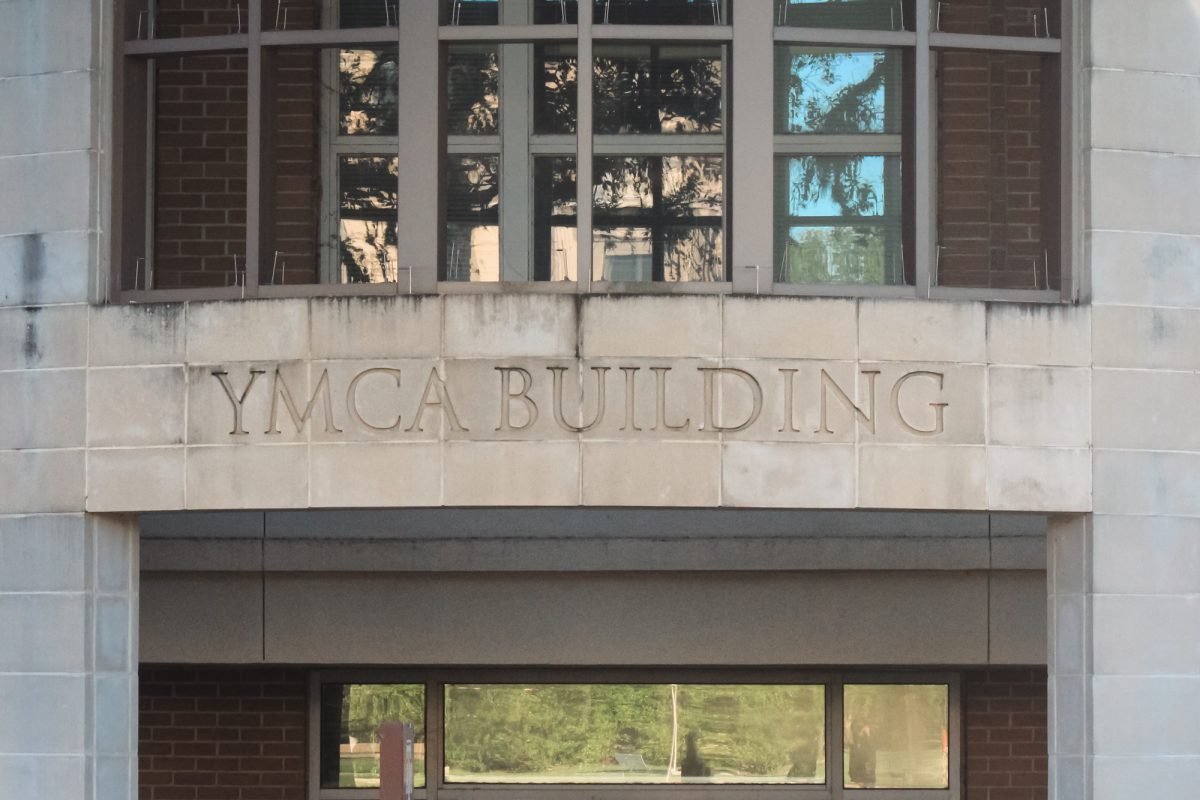

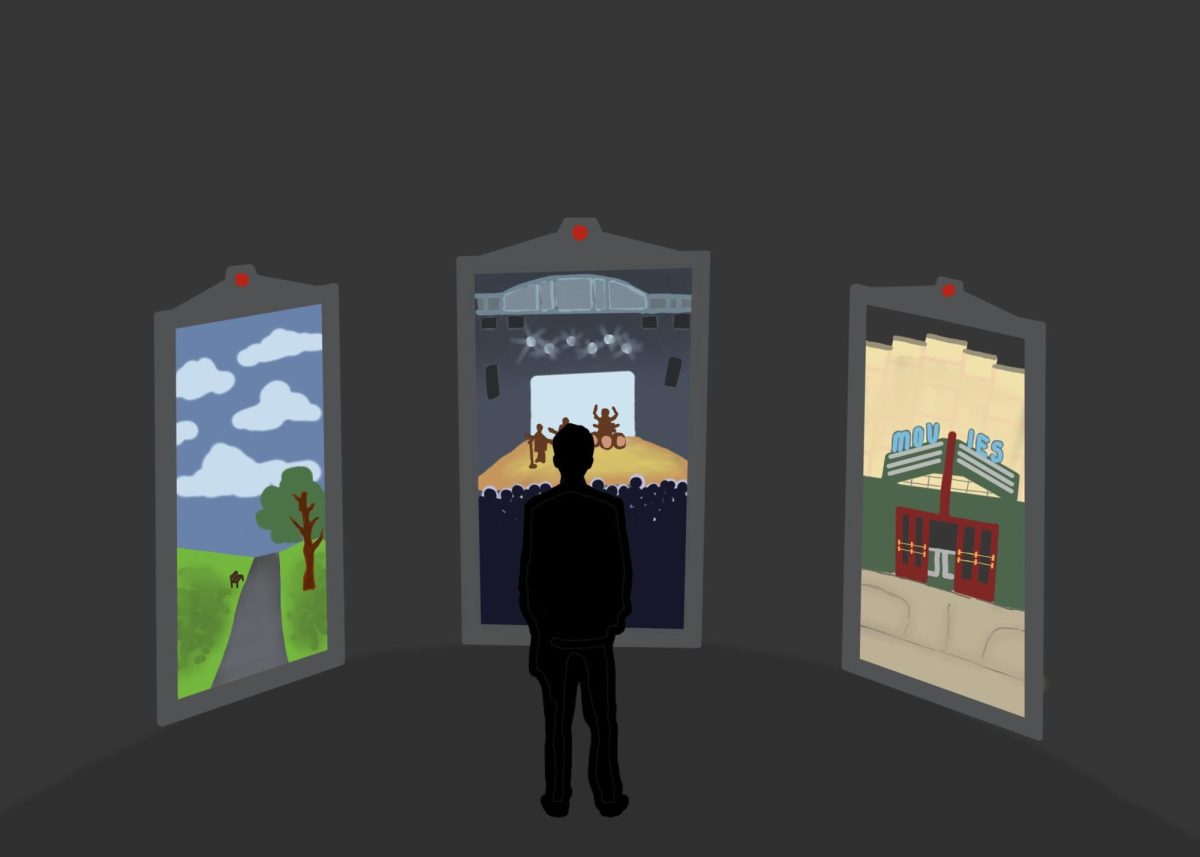
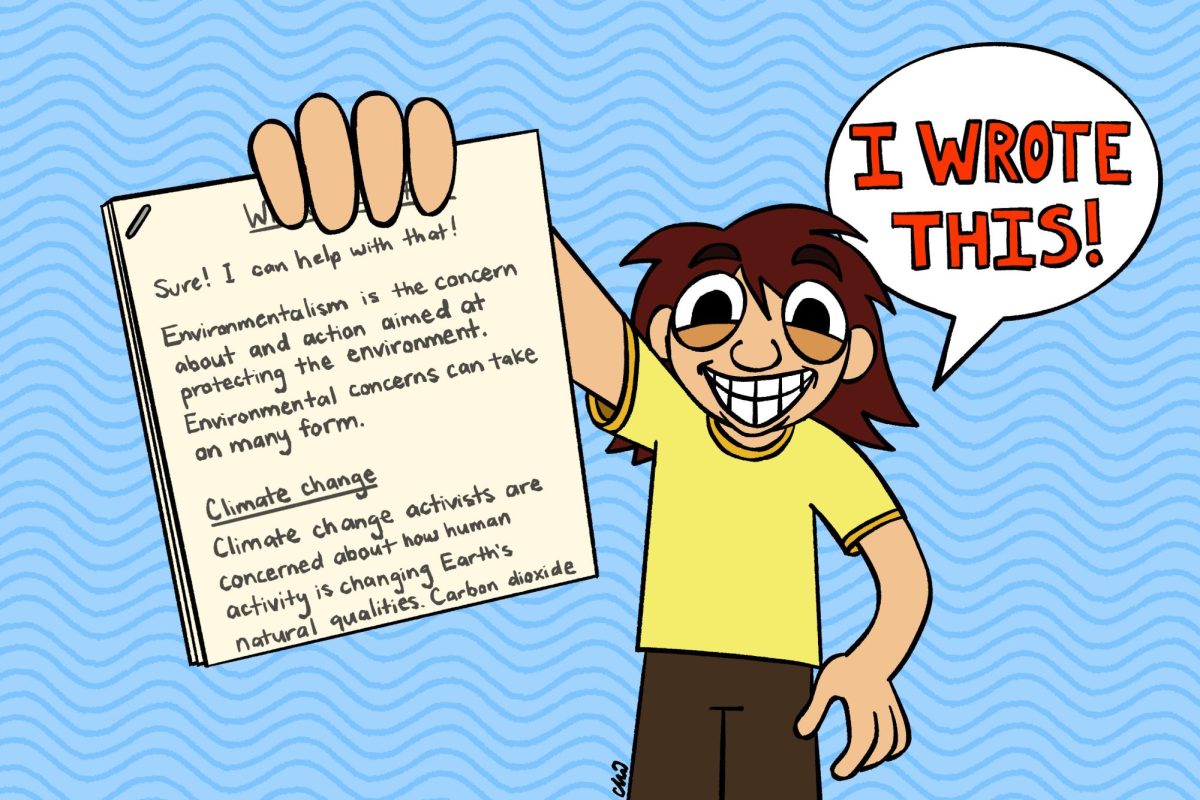
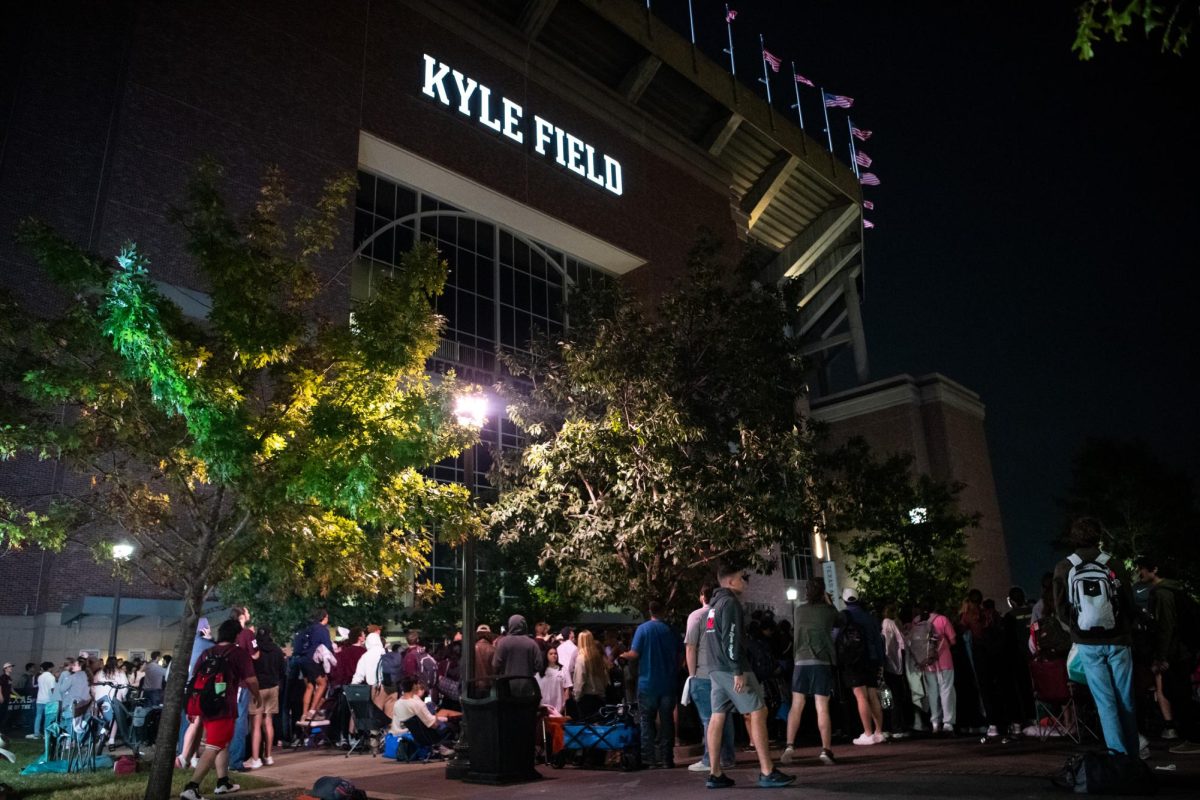
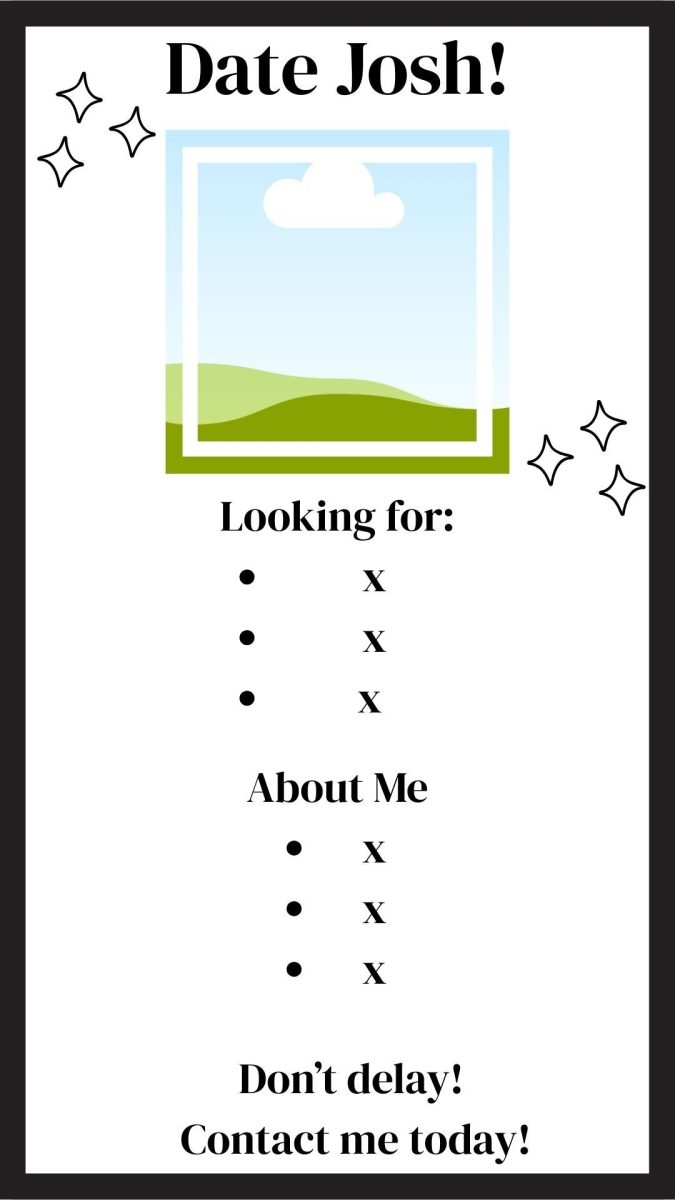
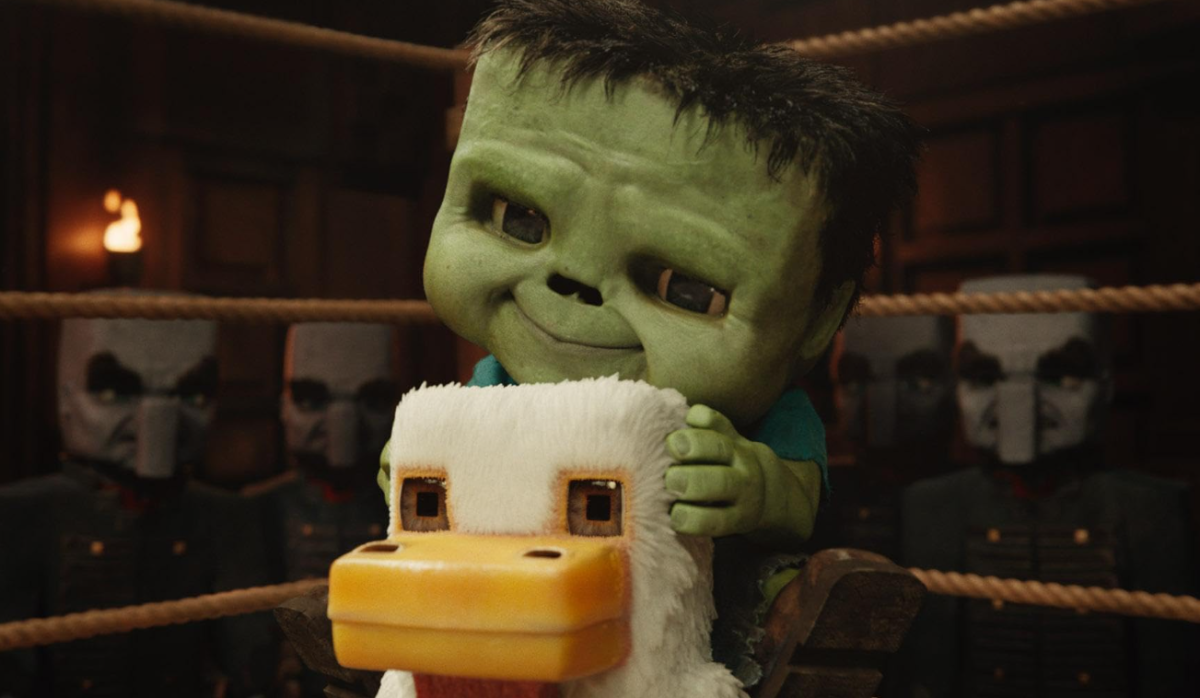

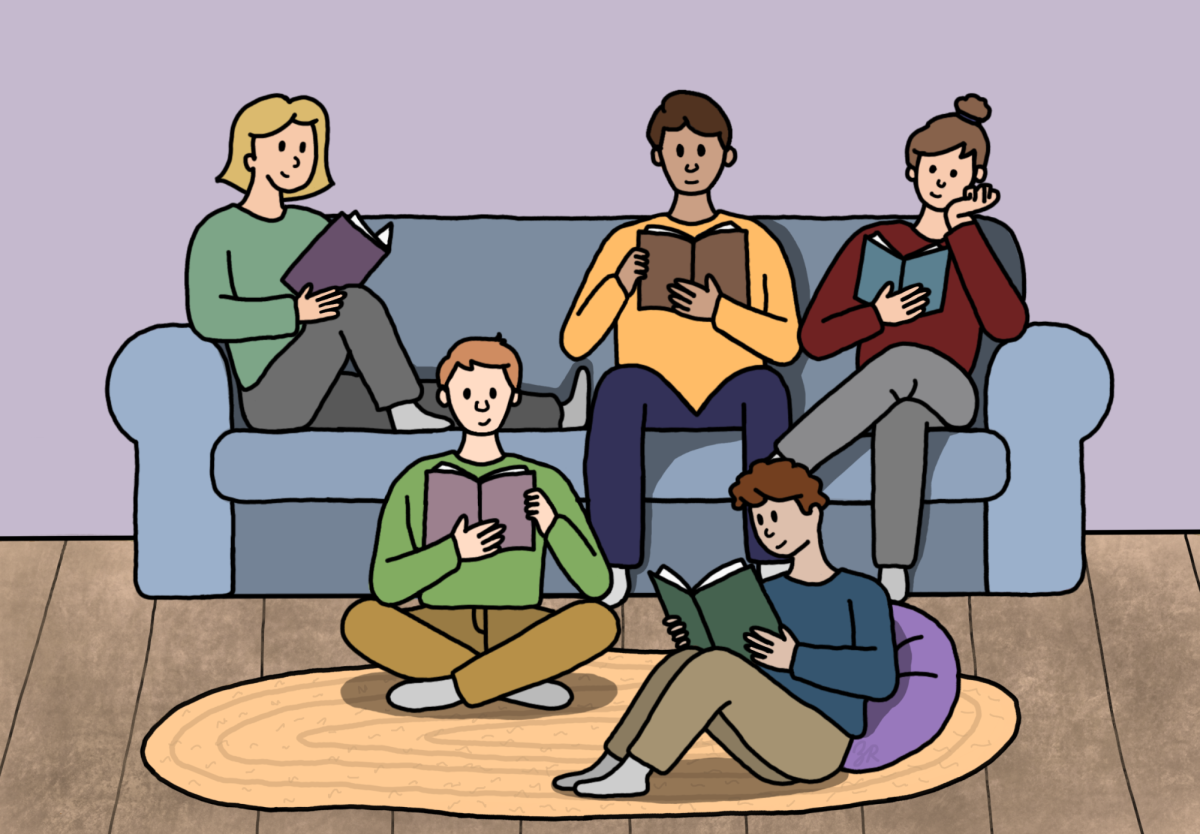



Jeffrey Cheung • Feb 4, 2024 at 9:33 pm
This is such a gig em article
Jeffrey Cheung • Feb 4, 2024 at 7:30 pm
ANOTHER W ARTICLE FROM ISA
WORDS BROUGHT ME TO TEARS
BEST WRITER IN THE WORLD
CARRYING THE BATT FR FR